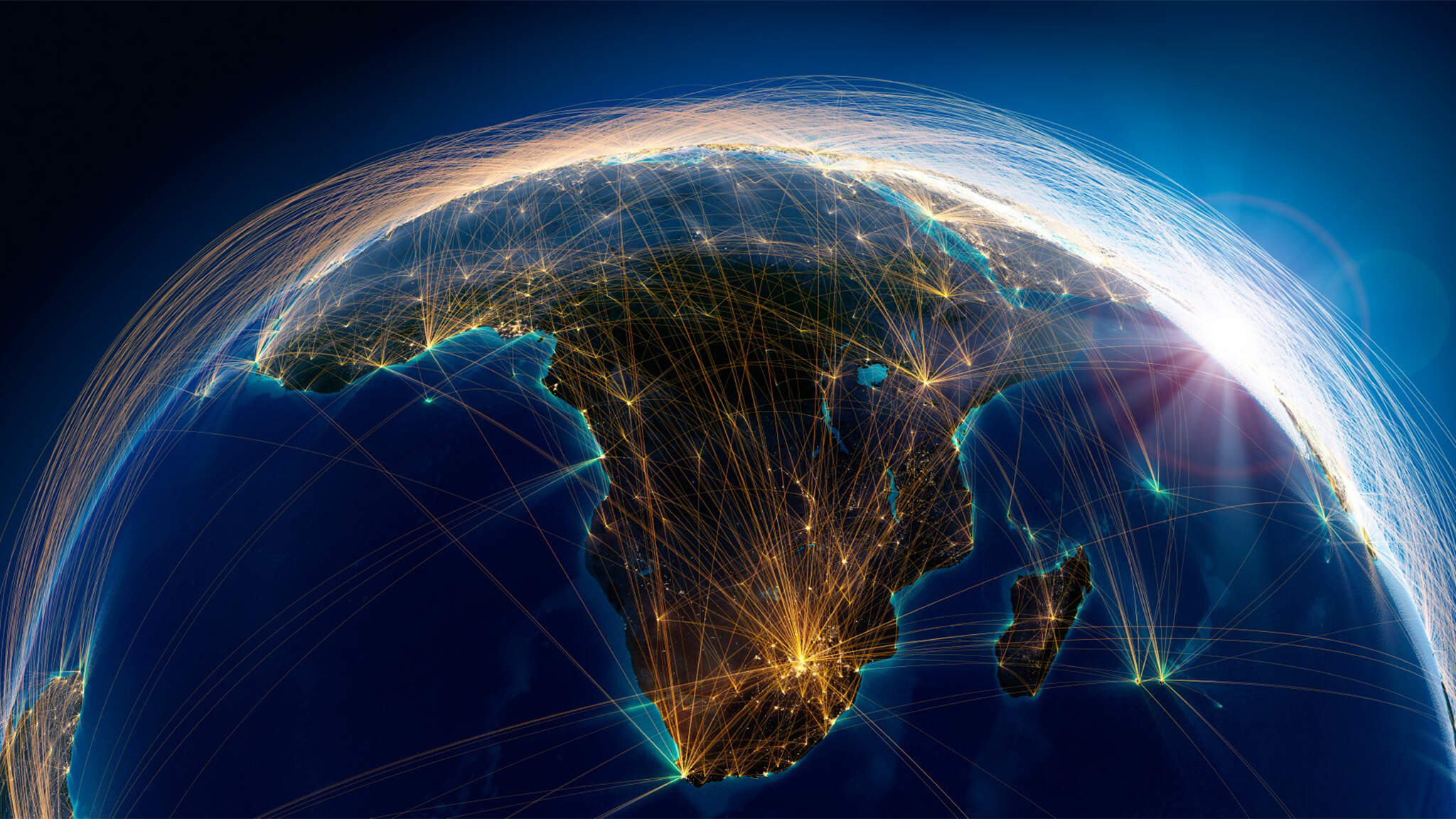Navigating the future of logistics in sub-Saharan Africa: opportunities and challenges

The potential for logistics in Sub-Saharan Africa is immense. With a population exceeding one billion and a rapidly growing middle class, consumer demand for goods and services is on the rise. According to the African Development Bank, the continent’s GDP is expected to grow by 3.4% in 2024, driven by increased consumer spending and improved business climates in key economies.
Initiatives like the African Continental Free Trade Area (AfCFTA) aim to boost intra-African trade by reducing tariffs and streamlining customs procedures. This agreement, covering 54 African countries, is creating a single market of 1.2 billion people with a combined GDP of over $3 trillion, offering unprecedented opportunities for growth. Investors are increasingly exploring opportunities in Africa across sectors such as energy, mining, construction, and logistics.
As the global transition to renewable energy accelerates, Africa further has the potential to become a key hub for both renewable energy and critical minerals. The continent is rich in critical minerals vital for manufacturing renewable energy sources and possesses untapped natural gas fields. Effective integration of strategic logistics solutions is essential to fully unlock this economic potential.
The opportunities and challenges that lie ahead for logistics in Africa present a unique landscape for growth and innovation. However, to harness this potential, we must address the inherent challenges with foresight and strategic planning.
Opportunities abound
The logistics sector in Africa is poised for significant advances due to several key factors.
Firstly, the continent's infrastructure development is gaining momentum, with numerous investments targeting roads, railways, and ports to enhance connectivity. Improved transport networks will facilitate smoother distribution channels, allowing businesses to thrive.
The rise of e-commerce in Africa is transforming the way goods are traded, creating a burgeoning demand for efficient logistics services. As more consumers turn to online shopping, companies must adapt their logistics strategies to support rapid delivery models.
The adoption of technology in logistics—ranging from advanced tracking systems to automation—offers the potential for increased efficiency and reduced costs.
Lastly, as African countries continue to embrace renewable energy solutions, there's an opportunity for sustainable logistics practices to emerge, aligning with global efforts to combat climate change.
Collectively, these opportunities signal a transformative era for the logistics landscape in Africa.
Challenges to overcome
Despite these opportunities, the logistics sector in Sub-Saharan Africa faces significant hurdles.
One of the primary challenges foreign investors face in Africa is the underdeveloped infrastructure for logistics. The World Bank reports that less than 30% of the continent’s roads are paved, which exacerbates the costs and complexities of moving goods. This shortfall hinders the economically viable import and export of essential strategic goods and minerals needed to establish new markets and infrastructure.
While large international corporations have recently made substantial investments across the continent, it is crucial for African nations to focus on upgrading and repairing existing supply chain assets, such as roads, railways, ports, and warehouses to enhance their capacity to attract further foreign investment.
High logistics costs, exacerbated by inefficient port processes and a lack of digital solutions, remain a primary concern. Moreover, regulatory hurdles continue to impede the seamless flow of goods across the region. Inconsistent customs regulations and lengthy clearance times can lead to delays and increased costs, impacting the overall efficiency of supply chains.
Inefficient port processes are critical nodes in the logistics network, and many African ports suffer from inefficiencies that lead to delays and increased costs. Modernising port infrastructure, implementing advanced management systems such as automated container handling, and real-time tracking could significantly enhance port efficiency. Additionally, while the potential of digital technologies is vast, their current adoption in Sub-Saharan Africa is slow, necessitating investments in technology and digital literacy to overcome these challenges.
A strategic approach
At DACHSER South Africa, we understand these challenges and are committed to providing intelligent logistics solutions that cater to the unique needs of the Sub-Saharan market. Our approach leverages technology and a deep understanding of the local market. We offer customised services such as air and ocean freight, contract logistics, and warehousing solutions tailored to specific industry needs. For instance, our expertise in automotive and healthcare logistics allows us to support these critical sectors with precision and reliability.
Information security is a cornerstone of our operations. We have obtained TISAX® Level 2 certification, ensuring that our logistics processes meet the highest standards of data protection. This commitment to security helps safeguard our clients' supply chains and builds trust in our capabilities. Sustainability is also a key focus for DACHSER. We are actively working to reduce our carbon footprint through investments in energy-efficient technologies and more sustainable transport solutions. Since 2022, Dachser has been purchasing 100% green energy on a global level. By promoting eco-friendly practices, we aim to lead the charge towards a more sustainable logistics future in Africa.
The future of logistics in Sub-Saharan Africa is bright, but realising its full potential requires a concerted effort to overcome existing challenges. By harnessing the region's opportunities and addressing its hurdles with innovative solutions, we're confident in our ability to drive growth and efficiency in this dynamic market as we work with our clients to navigate the complexities of the logistics landscape and unlock new avenues for success in Africa. The AfCFTA and regional cooperation will be vital in this transformation, connecting African markets and enhancing global competitiveness. Now is the time for businesses to invest in Sub-Saharan Africa; the potential for growth and development is immense, and with the right strategies in place, the region can become a global logistics powerhouse.